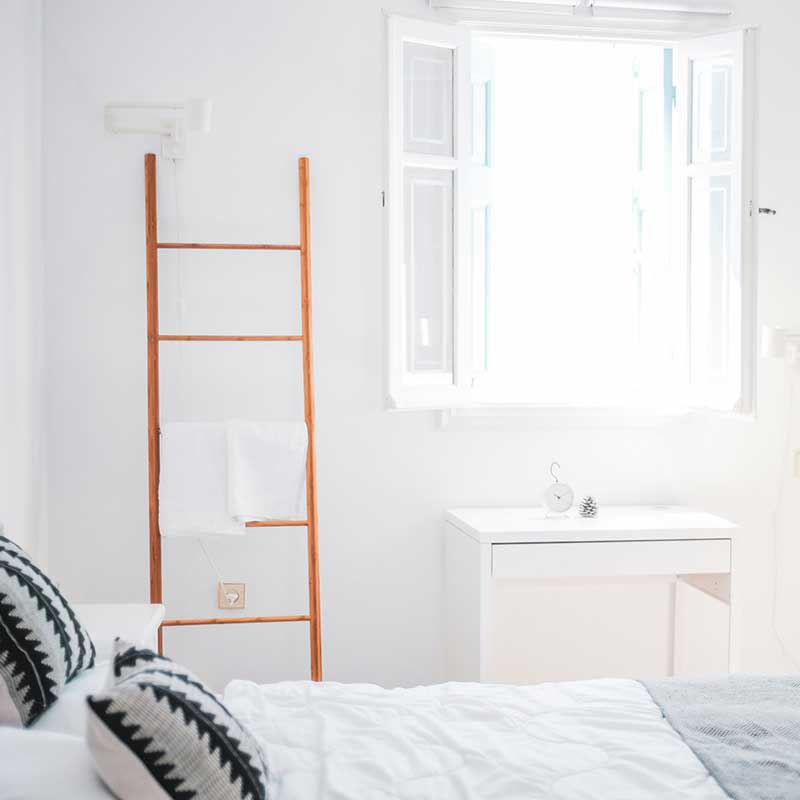Introduction
Portugal, with its stunning coastlines, rich history, and vibrant culture, has long been a favored destination for travelers worldwide. From Lisbon’s historic streets to the Algarve’s picturesque beaches, Portugal offers something for everyone. However, as with any travel destination, safety is a crucial consideration.
So, how safe is Portugal?
This comprehensive guide will walk you through everything you need to know about safety in this beautiful country.
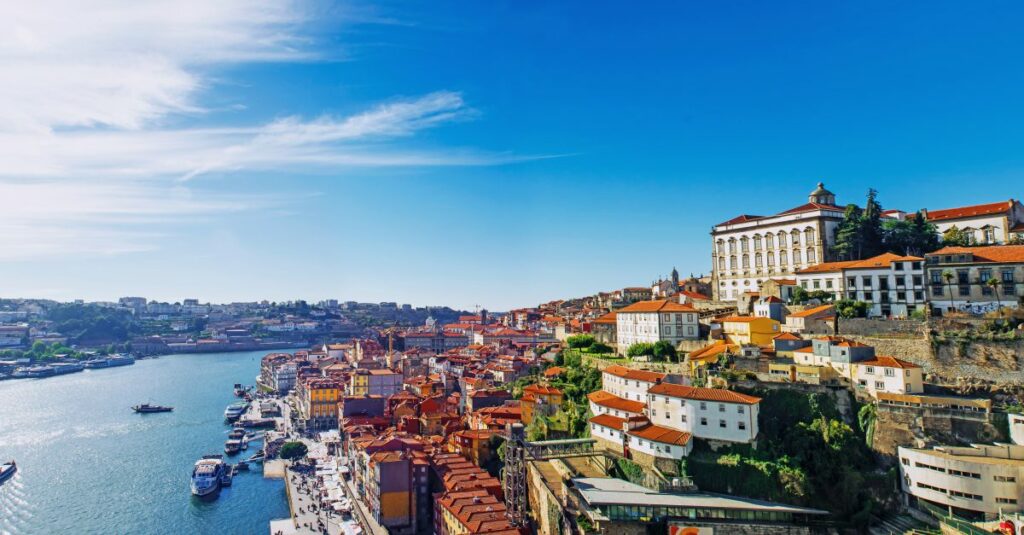
Understanding General Safety in Portugal
Portugal consistently ranks as one of the safest countries in the world. According to the Global Peace Index, it is often listed among the top 5 most peaceful countries. The overall crime rate is low, and violent crime is rare, especially when compared to other European nations. The Portuguese people are known for their hospitality, and tourists often report feeling safe and welcome.
Safety in Major Cities
Lisbon
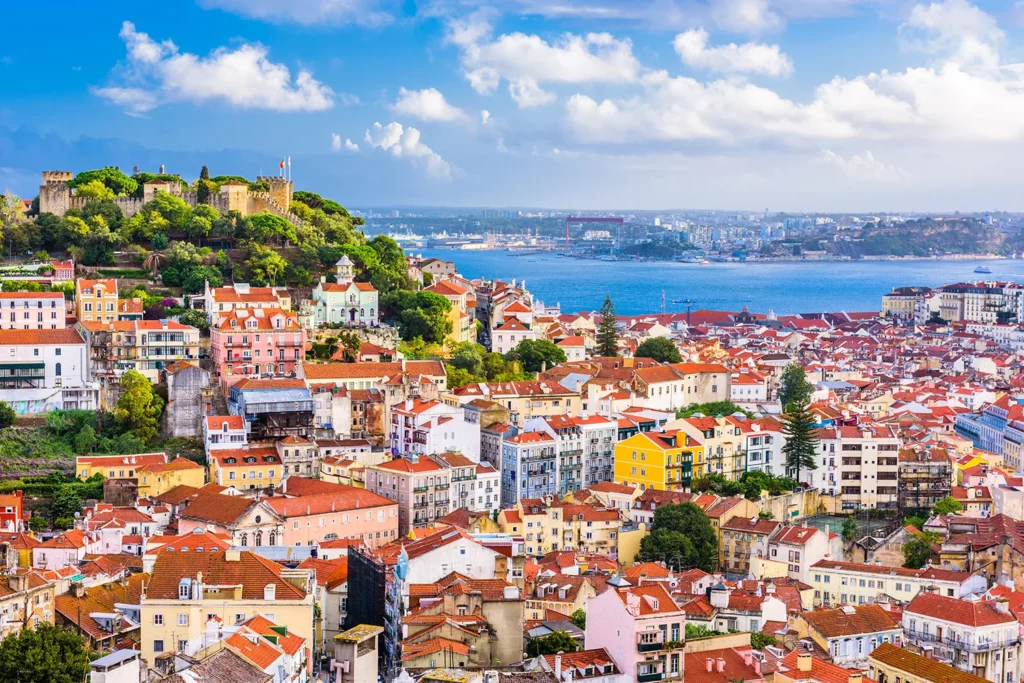
As the capital city, Lisbon is bustling with tourists and locals alike. While it’s generally safe, it’s essential to stay vigilant, especially in crowded areas like the Alfama district or popular tourist spots such as Praça do Comércio. Pickpocketing can occur, but violent crime is uncommon.
Porto
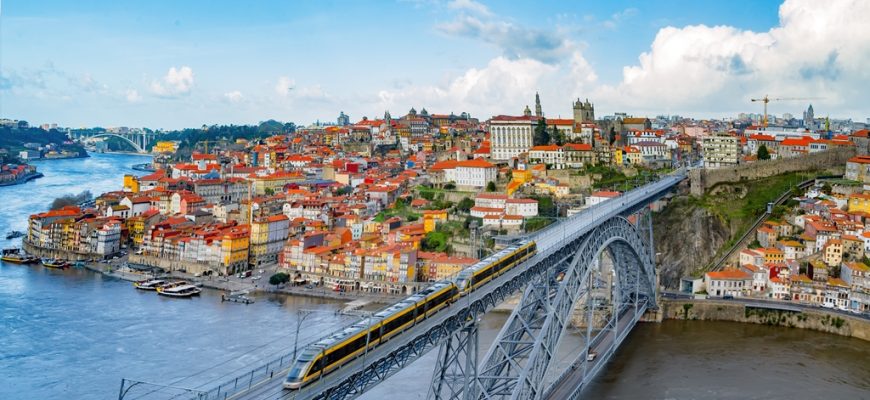
Porto, famous for its wine and stunning river views, is another city where safety is typically not an issue. Similar to Lisbon, petty crime like pickpocketing can happen in crowded areas, but the city is safe for both day and night exploration.
Faro
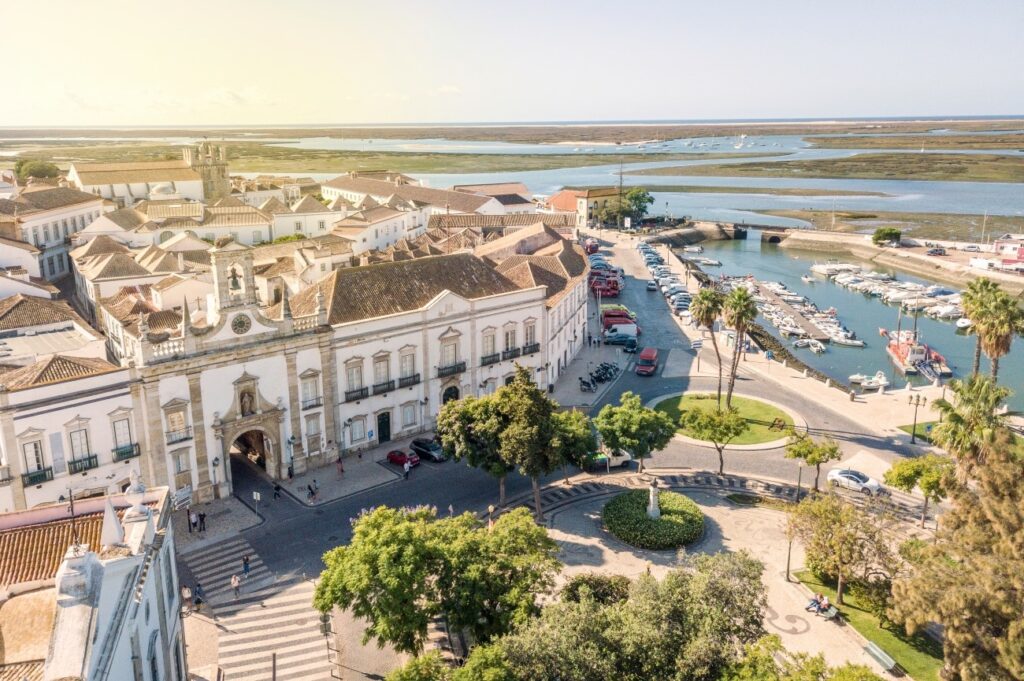
Faro, the gateway to the Algarve, is a peaceful city with a laid-back vibe. Crime rates are low, and tourists can enjoy the beaches and old towns without significant concerns.
Coimbra
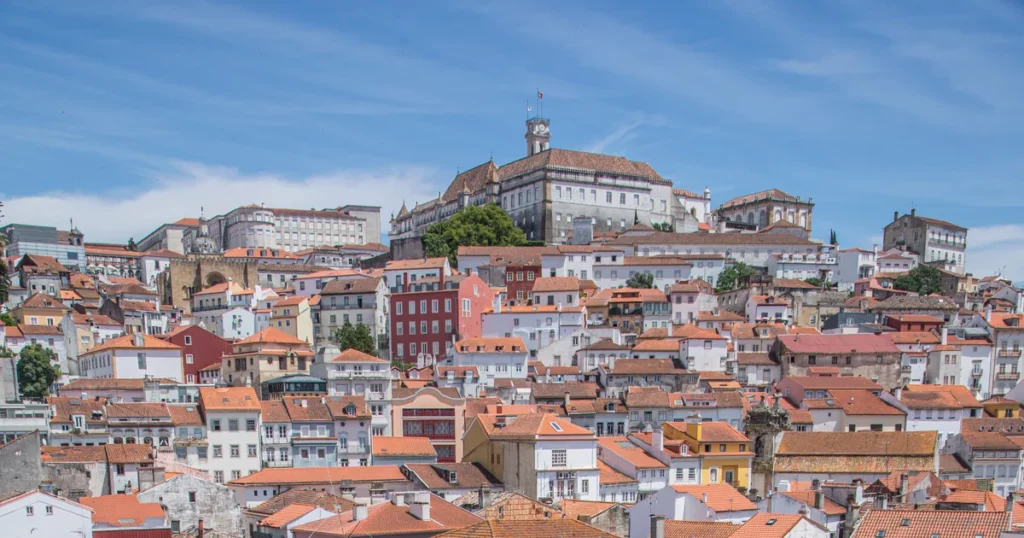
Known for its university, Coimbra is a smaller city that offers a safe environment for both residents and visitors. The student population adds to the city’s vibrant yet secure atmosphere.
Transportation Safety
Public Transportation
Portugal’s public transportation system, including trains, buses, and trams, is generally safe and reliable. However, as with any major city, it’s advisable to keep an eye on your belongings, especially during peak hours.
Driving in Portugal: Road Safety and Conditions
Driving in Portugal is relatively safe, but being aware of local driving customs is essential. The roads are well-maintained, but in rural areas, some roads may be narrow and winding. Always adhere to speed limits and be cautious when driving at night.
Taxi and Ride-Sharing Services
Taxis and ride-sharing services like Uber are widely available and considered safe. It’s a good practice to use licensed taxis or reputable ride-sharing apps to avoid any issues.
Health and Medical Safety
Healthcare System in Portugal
Portugal has a robust healthcare system, with public and private options available. Hospitals and clinics are well-equipped, especially in larger cities. Travelers are advised to have travel insurance that covers medical expenses.
Access to Pharmacies and Emergency Services
Pharmacies are easily accessible in Portugal, and many are open 24 hours in major cities. Emergency services are prompt, with ambulances and medical assistance readily available in case of urgent needs.
Natural Hazards
Earthquakes and Seismic Activity
Portugal is located near a seismic zone, so earthquakes, although infrequent, can occur. The country has building regulations that ensure structures are earthquake-resistant, minimizing risks to residents and visitors.
Coastal Risks: Tides and Waves
The Atlantic coast of Portugal is famous for its waves, attracting surfers from around the world. However, the ocean can be unpredictable. It’s essential to heed local warnings and stay within designated swimming areas to avoid strong currents.
Wildfires in Rural Areas
During the summer months, wildfires can occur in Portugal’s rural areas. It’s important to stay informed about fire warnings and follow any evacuation orders if you’re in an affected area.
Cultural Safety Considerations
Interacting with Locals: Customs and Etiquette
The Portuguese are known for their politeness and respect for tradition. Basic courtesies, such as greeting with a handshake and using polite forms of address, go a long way. Understanding and respecting local customs will enhance your experience and help you avoid misunderstandings.
Language Barriers and Communication Tips
While Portuguese is the official language, many people, especially in tourist areas, speak English. However, learning a few basic Portuguese phrases can be helpful and appreciated by the locals.
Safety for Tourists
Pickpocketing and Petty Theft: What to Watch Out For
As with any tourist destination, pickpocketing can happen, particularly in crowded places like markets and public transport. Keep your belongings secure, avoid carrying large sums of cash, and be cautious in crowded areas.
Safe Areas to Stay in Popular Cities
In Lisbon, neighborhoods like Baixa, Chiado, and Alfama are safe and popular with tourists. Porto, Ribeira, and the area around Avenida dos Aliados are recommended. Always choose well-reviewed accommodations in central locations.
Avoiding Tourist Scams
Tourist scams are not widespread in Portugal, but it’s wise to be aware of potential overcharging in tourist-heavy areas. Always check prices in advance and be cautious of unsolicited offers for services.
Safety for Solo Travelers
Is Portugal Safe for Solo Travelers, Especially Women?
Portugal is considered very safe for solo travelers, including women. The country’s low crime rate and welcoming atmosphere make it an ideal destination for those traveling alone. As with any travel, staying aware of your surroundings and taking standard precautions is advised.
Tips for Solo Travel in Portugal
- Stick to well-lit areas at night.
- Keep your valuables secure.
- Share your travel plans with someone you trust.
Safety for Families and Children
Family-Friendly Destinations
Portugal is a family-friendly destination with numerous attractions suitable for children. The beaches of the Algarve, Lisbon’s Oceanarium, and the theme parks in Albufeira are just a few examples of places where families can have a great time.
Child Safety in Public Spaces
Public spaces in Portugal are generally safe for children. However, keeping a close eye on younger children in crowded areas is always a good idea.
Safety for LGBTQ+ Travelers
LGBTQ+ Rights and Acceptance in Portugal
Portugal is one of the most LGBTQ+-friendly countries in the world. Same-sex marriage has been legal since 2010, and there is widespread acceptance of LGBTQ+ individuals. Lisbon and Porto, in particular, have vibrant LGBTQ+ communities and host annual Pride events.
Safe Places and Events for LGBTQ+ Travelers
Lisbon’s Bairro Alto and Príncipe Real neighborhoods are known for their LGBTQ+-friendly bars and clubs. The city also hosts the annual Lisbon Pride parade, which is a safe and celebratory event.
Safety During Nightlife
Nightlife Culture in Portugal
Portugal has a lively nightlife culture, particularly in cities like Lisbon and Porto. While most nightlife venues are safe, it’s wise to stay aware of your surroundings, especially in crowded clubs and bars.
Staying Safe in Bars, Clubs, and Late-Night Venues
- Stick with your group.
- Watch your drink and never leave it unattended.
- Plan your route home, and avoid walking alone at night in unfamiliar areas.
Emergency Numbers and What to Do in an Emergency
Key Emergency Contact Numbers
- Police, Ambulance, and Fire Services: 112
- Tourist Police (Lisbon): +351 217 654 242
Steps to Take in Case of an Emergency
In case of an emergency, dial 112, the general emergency number in Portugal. English-speaking operators are available. Stay calm, provide clear information about your location and the nature of the emergency, and follow the operator’s instructions.
How Portugal Handles Safety During Festivals and Events
Security Measures at Large Events
Portugal takes safety at large events seriously, with visible police presence and strict crowd control measures. Festivals like NOS Alive and Rock in Rio have excellent safety records, making them popular choices for tourists.
Popular Festivals and Their Safety Records
Events like Carnival in Lisbon and Festa de São João in Porto are well-organized, with safety measures in place to ensure a secure environment for attendees.
Conclusion
Portugal is a remarkably safe destination, whether you’re exploring its cities, enjoying its beaches, or attending one of its many festivals. By staying aware of your surroundings and following basic safety tips, you can enjoy everything this beautiful country has to offer without concern.
Remember, safety is about preparation and awareness, and with the information provided in this guide, you’re well-equipped to have a safe and enjoyable trip to Portugal.
FAQs
What is the crime rate in Portugal?
Portugal has a low crime rate, particularly in comparison to other European countries. Violent crime is rare, and most reported incidents involve petty theft.
Is Portugal safe for solo female travelers?
Yes, Portugal is considered very safe for solo female travelers. The country’s low crime rate and friendly locals make it an ideal destination.
What should I do in case of an emergency in Portugal?
In case of an emergency, dial 112. This is the general emergency number in Portugal, and operators speak English.
Are there areas in Portugal that are considered unsafe?
Portugal is generally very safe, but as in any country, it’s advisable to avoid poorly lit areas at night and stay in well-populated regions.
How safe is public transportation in Portugal?
Public transportation in Portugal is safe and reliable. However, as with any crowded place, it’s essential to keep an eye on your belongings to avoid pickpocketing.
All Contacts
- Rua de Camões 639 4000-148
- +351 912 679 232
- info@mosaicohostels.com
- 08 am - 06 pm Sunday closed
Subscribe
Subscribe Our Newsletter for more deals & updates



